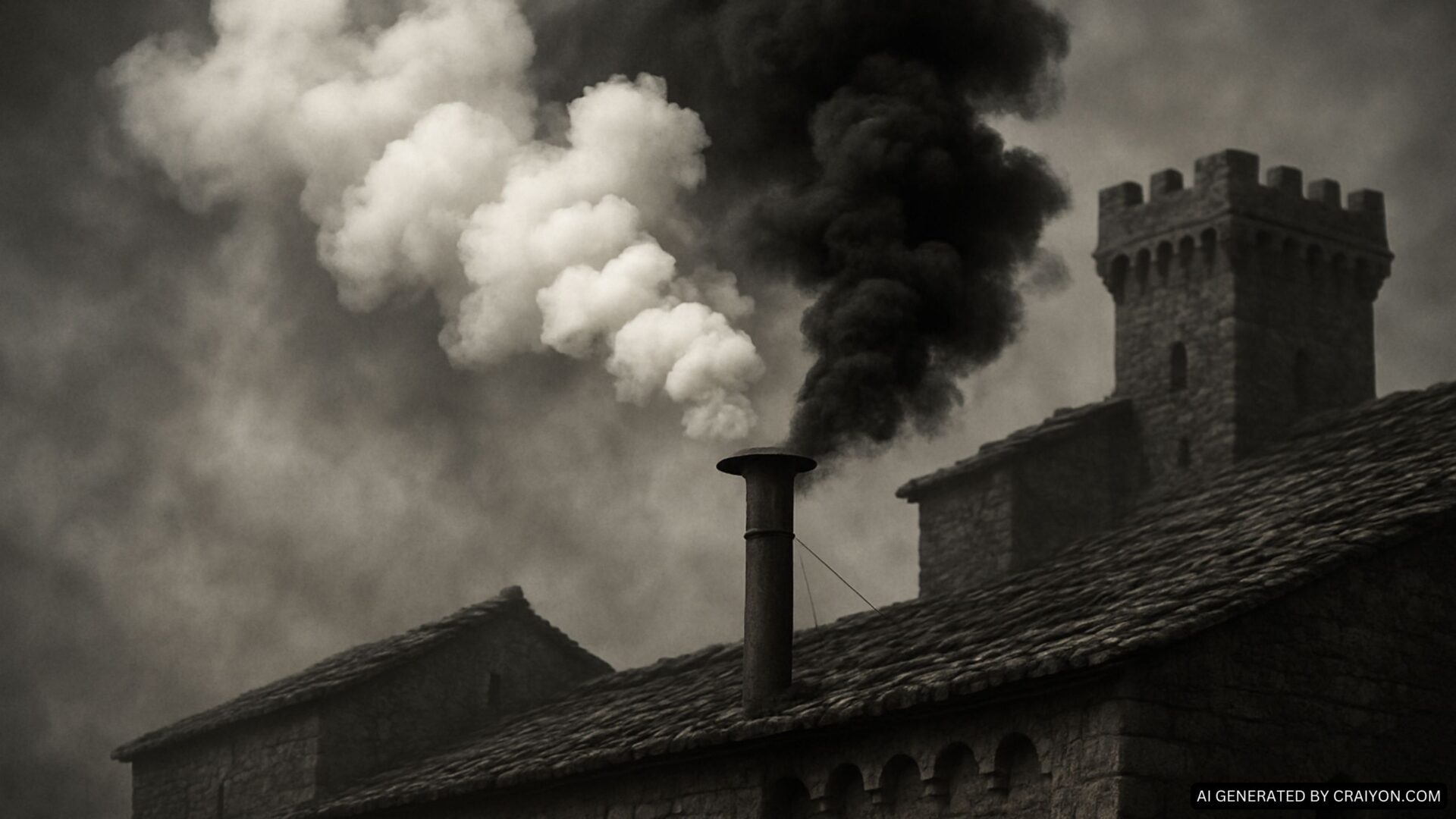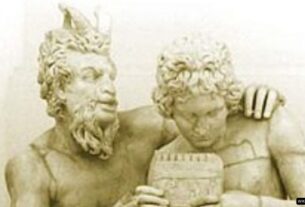The Secret World of Papal Elections: Ritual, Symbolism, and the Psychology of Faith
Every few decades, the world turns its eyes to the Vatican, waiting for a plume of white smoke to rise from the Sistine Chapel. In that moment, a centuries-old ritual reaches its climax—the election of a new pope. While the process is veiled in absolute secrecy, its meaning runs far deeper than just the selection of a new religious leader. For over a billion Catholics around the world, the election of a pope touches not only history but also the heart. It’s a moment filled with tradition, symbolism, and profound psychological significance.
The Sacred Conclave: Cloistered in Mystery
When a pope dies or steps down, as Benedict XVI did in 2013, the College of Cardinals—typically about 120 voting members under the age of 80—are summoned to the Vatican. They gather in a highly guarded, isolated setting for the conclave, from the Latin cum clave, “with a key,” signifying total seclusion.
The cardinals take an oath of absolute secrecy. They are cut off from the outside world, surrendering phones, avoiding all contact, and entering the Sistine Chapel—beneath Michelangelo’s ceiling, facing the Last Judgment—for the solemn task of electing a new Pontifex Maximus.
Each vote is handwritten, folded, and cast into a ceremonial urn. Votes are counted, and if no one receives the required two-thirds majority, the ballots are burned with a chemical to produce black smoke. When a pope is chosen, the smoke turns white—fumata bianca—and bells ring out. The world rejoices.
Beyond Ritual: The Psychological Impact of Secrecy and Symbolism
The secrecy of the process is not just for security—it carries deep psychological weight. The closed nature of the conclave is designed to detach the cardinals from worldly influence, encouraging spiritual clarity. This silence cultivates a sense of mystery, awe, and divine intervention, reinforcing the idea that this election is not just political—it is sacred.
This mirrors an ancient human need: to believe that some decisions are made beyond human corruption, touched by something greater. The conclave symbolizes order amidst chaos, the divine hand guiding humanity, and the continuity of spiritual leadership through time.
The Pope as a Psychological Anchor
For many Catholics, the pope is not just a leader—he is a father figure, a shepherd, and a symbol of unity. Psychologically, he represents attachment, identity, and stability. In a fragmented world, the pope stands as a global moral compass. He offers a clear voice in times of confusion, comfort in times of fear, and guidance in moral and social dilemmas.
Just as children look to their father for reassurance and protection, many Catholics view the pope as Papa—the Holy Father. His words during crises, his blessings during global disasters, and his presence during liturgical events form emotional bonds that foster trust and belonging. This is especially powerful for those who feel disconnected from political or social leadership. In the pope, they find constancy.
Collective Emotion and the Need for Unity
The announcement of a new pope often triggers an outpouring of joy, tears, and celebration. It’s more than enthusiasm—it’s a collective psychological release. In a fractured global society, the Catholic Church’s unity, embodied in one man, offers believers a sense of belonging to something enduring, larger than themselves.
The pope’s first appearance on the balcony of St. Peter’s Basilica isn’t just symbolic—it’s emotional theater, designed to reassure the faithful that the Church remains unbroken. The words “Habemus Papam” (“We have a Pope”) are not just news—they are a proclamation of continuity, purpose, and divine order.
A Global Spiritual Father
The role of the pope also extends beyond the Catholic world. He meets with leaders of other faiths, addresses the United Nations, speaks on climate change, peace, and poverty. For some, even those outside the Church, he represents a rare form of moral leadership unswayed by political agendas.
In a time of uncertainty, many people—especially those without spiritual guidance or stable institutions—see in the papacy a voice for the voiceless and a heart for the marginalized. The pope can embody compassion and conviction in a single figure, reminding the world of shared human values.
Conclusion: Mystery, Meaning, and the Human Soul
The papal conclave is more than a ritual—it is a mirror of humanity’s longing for spiritual guidance, connection, and certainty. Behind the locked doors of the Sistine Chapel, as ballots are cast in solemn silence, the Church and its followers wait not just for a leader, but for reassurance that faith endures.
Whether one believes in divine intervention or not, the election of a pope is a striking example of how ceremony, secrecy, and symbolism tap into the deepest aspects of the human psyche—our need for hope, unity, and a fatherly voice in the noise of the world.



